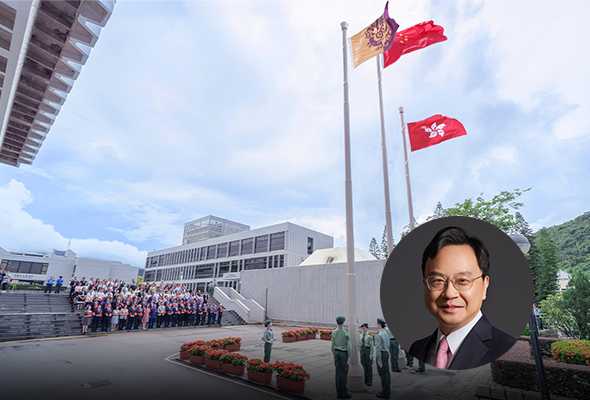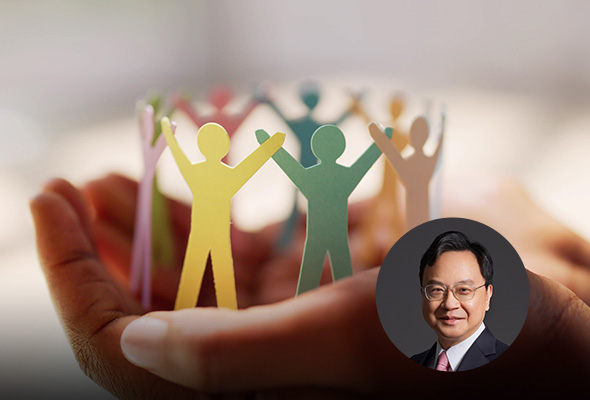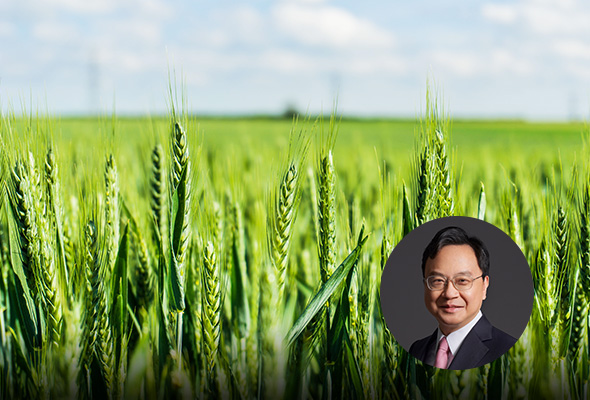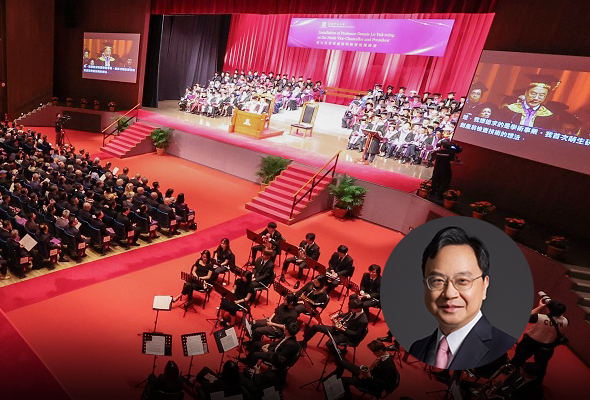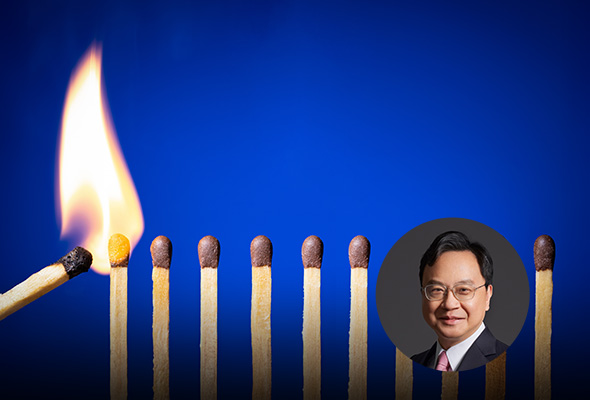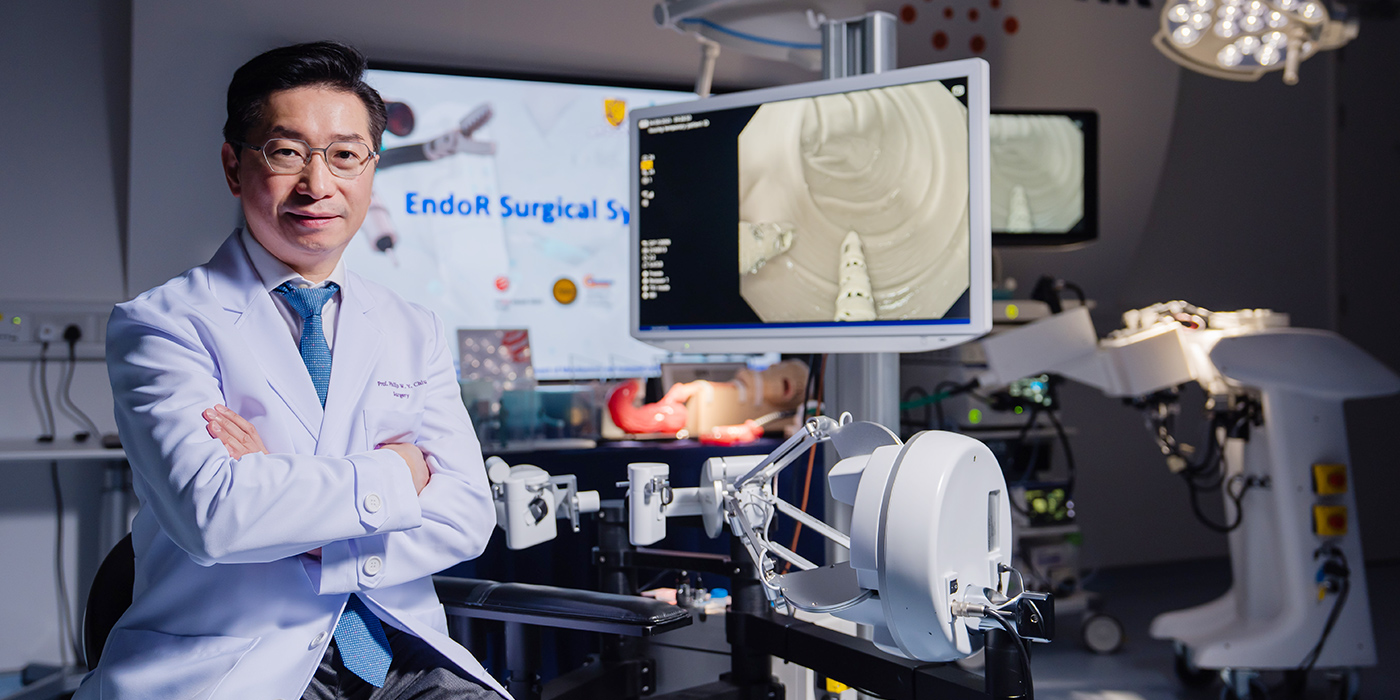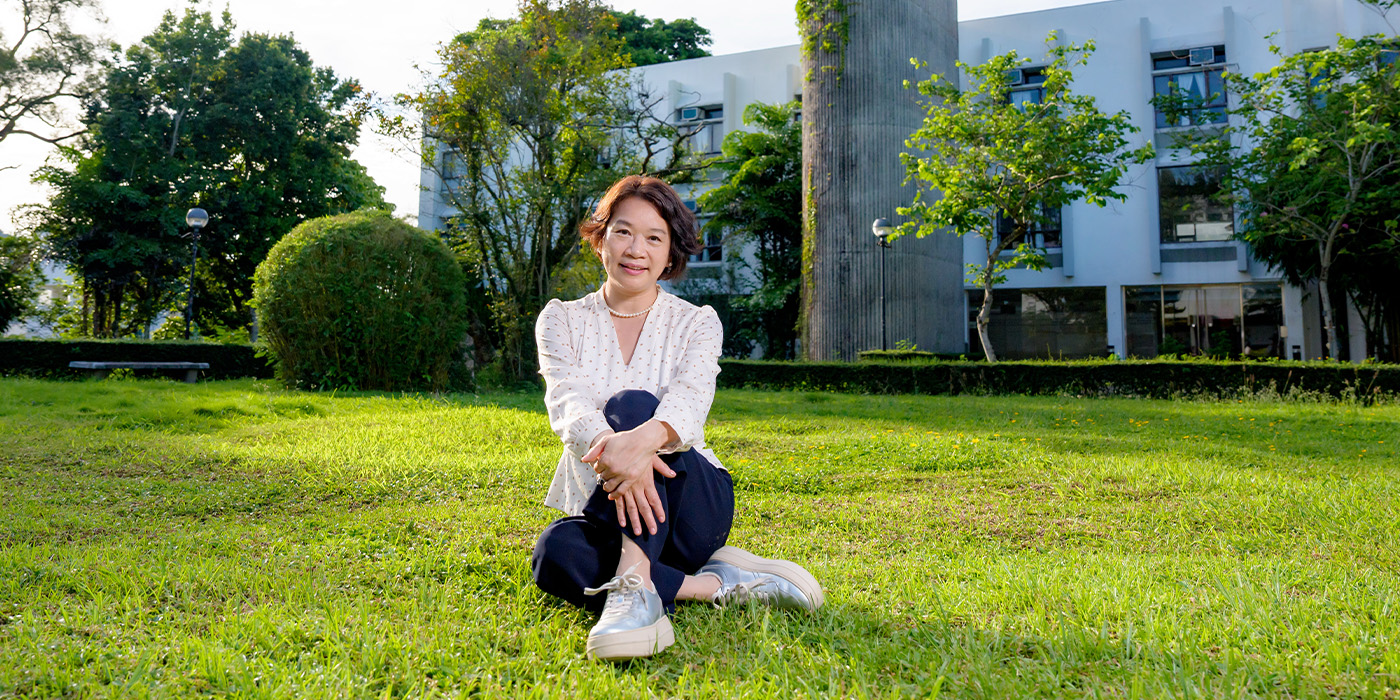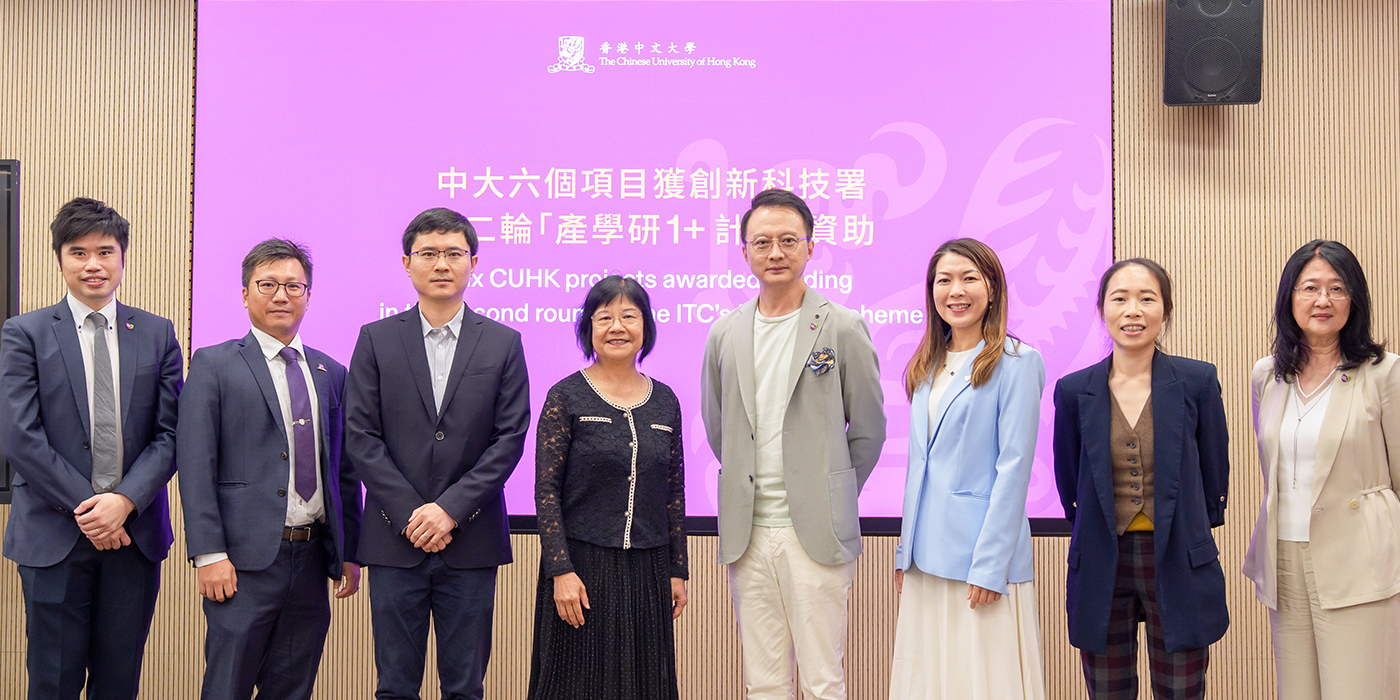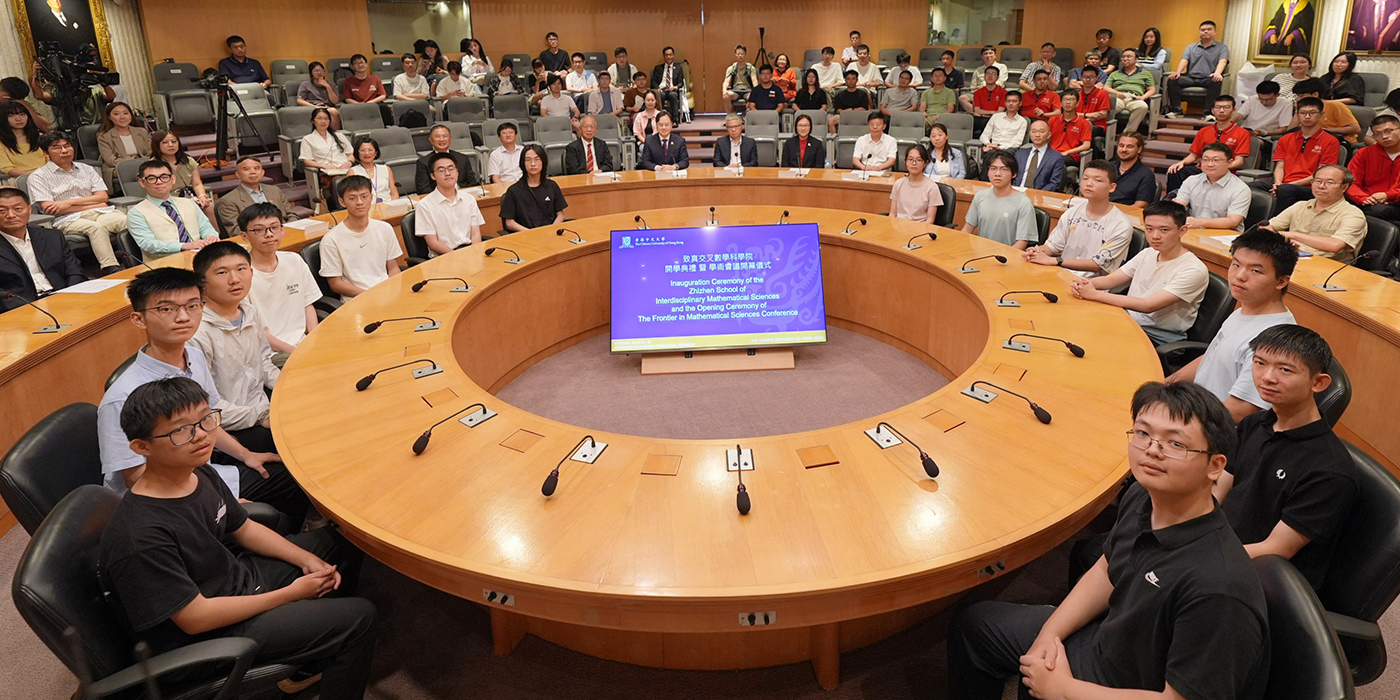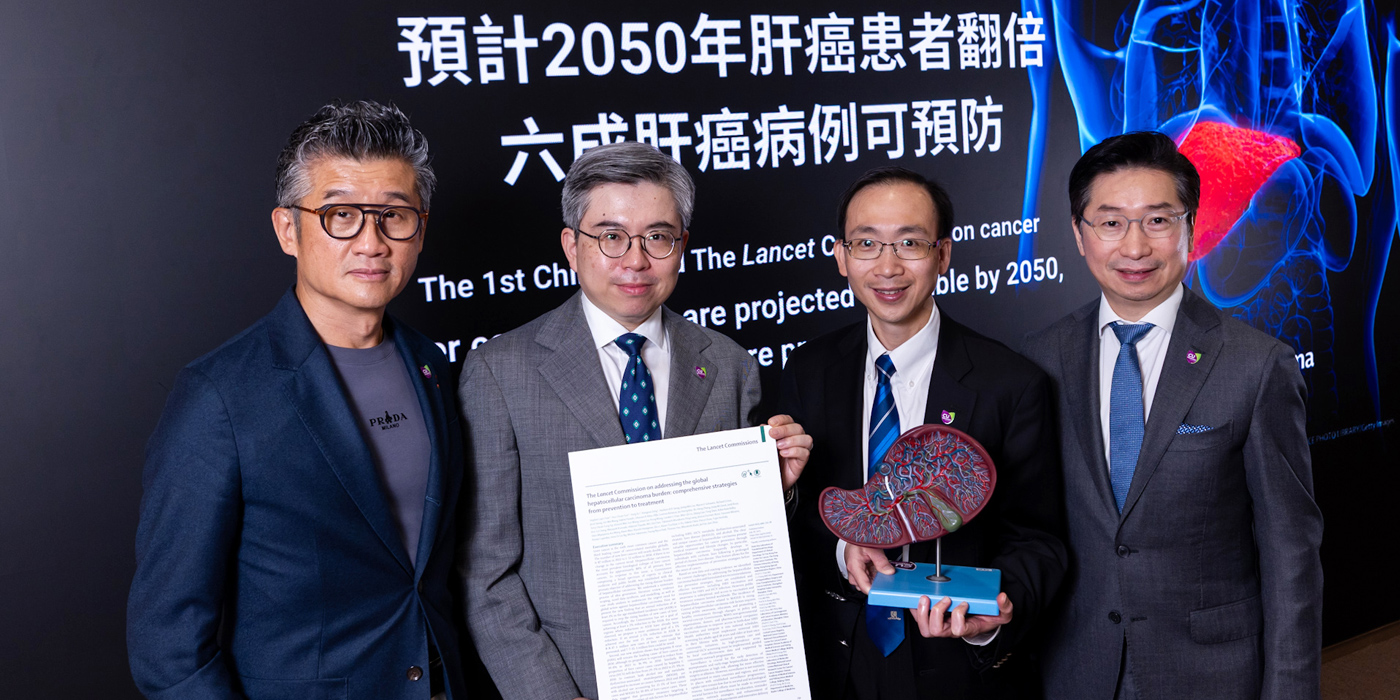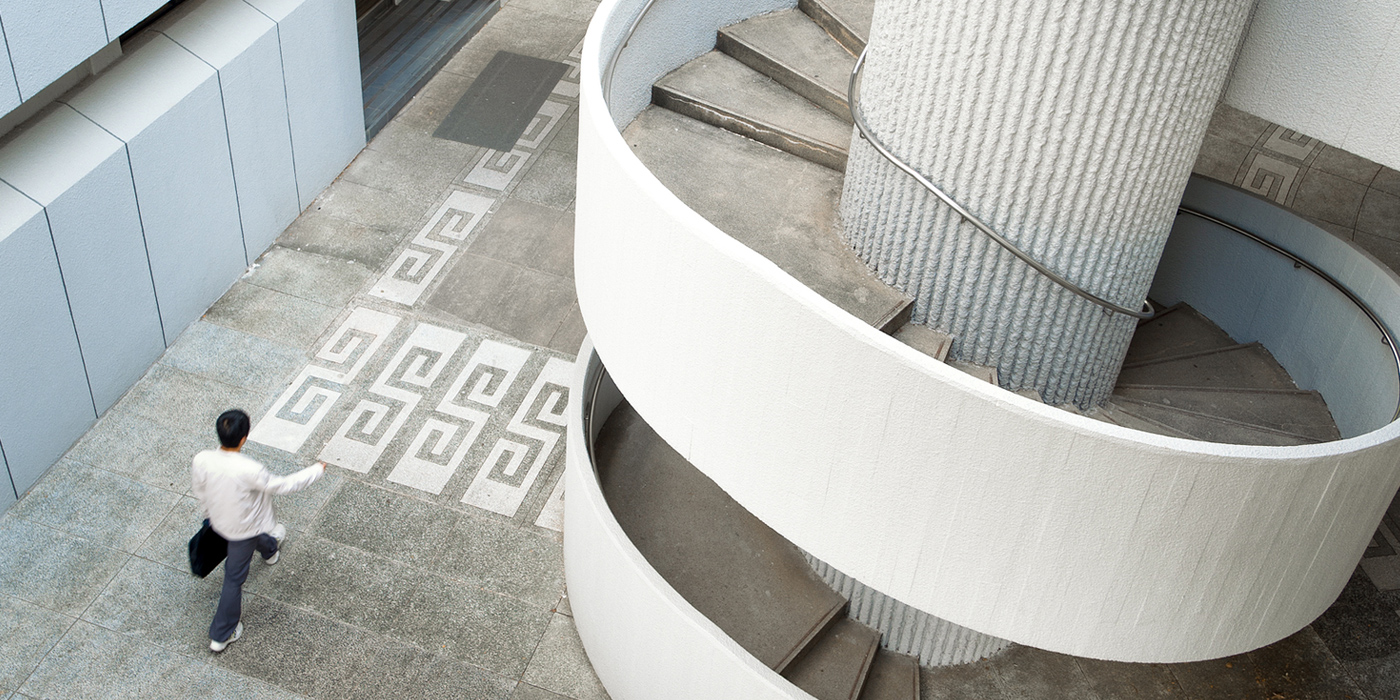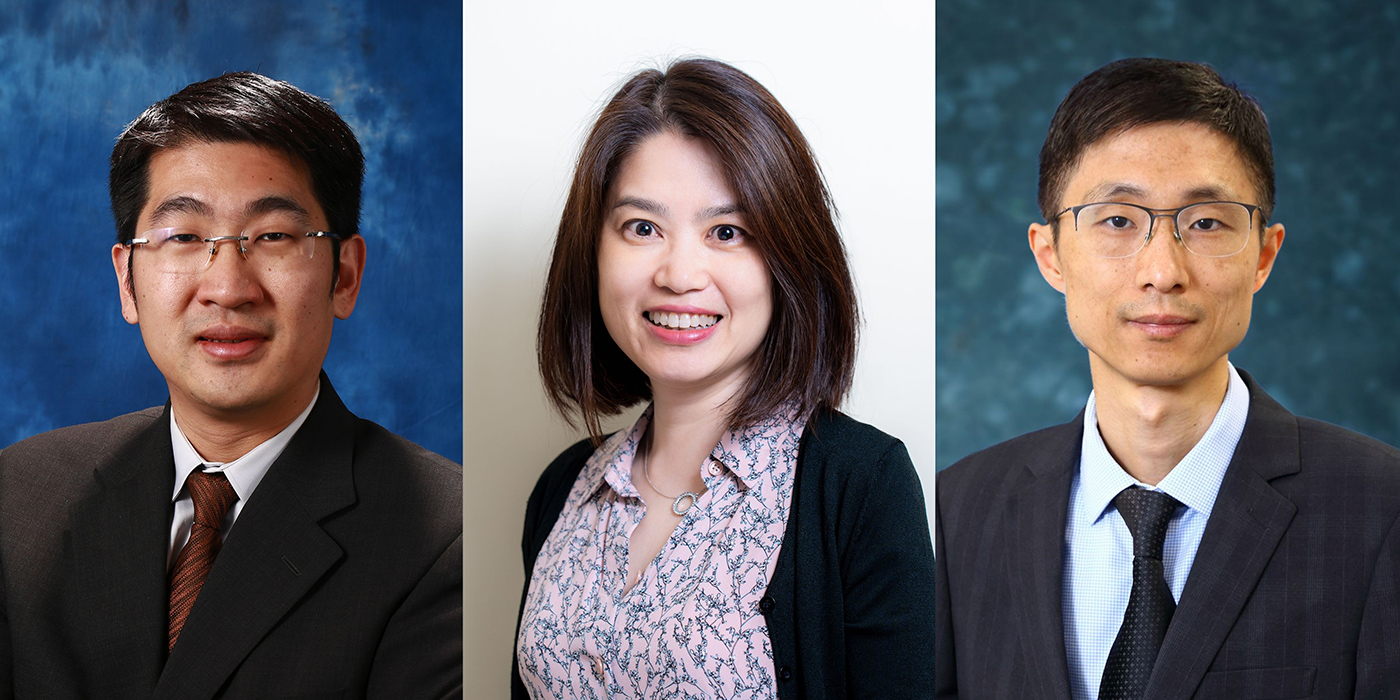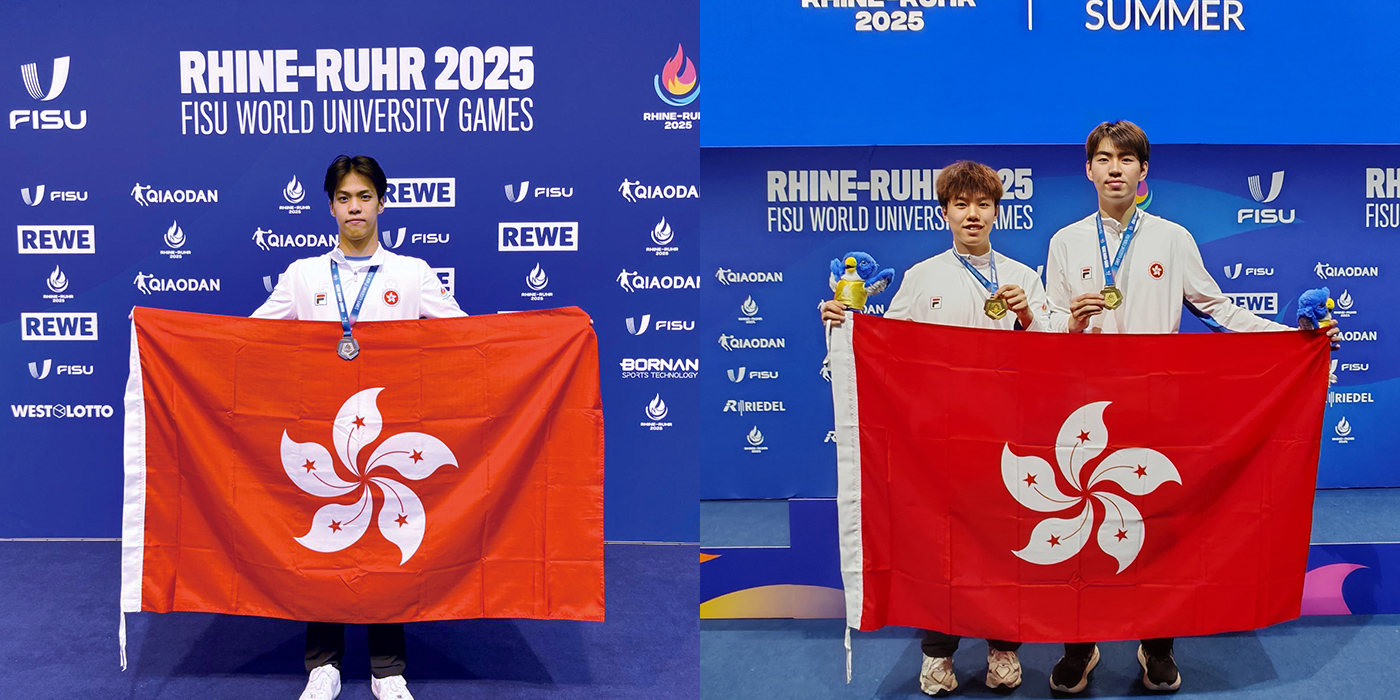Big data augurs well for TCM’s global ambitions
Scholars sanguine about AI as CUHK hosts Presidents’ Forum of Belt and Road Alliance for Traditional Chinese Medicine
9 September 2025
On 18 July, CUHK hosted the Presidents’ Forum 2025 of the Belt and Road Alliance for Traditional Chinese Medicine. The event brought together over 400 participants from more than 60 organisations across mainland China, Hong Kong and Macau, as well as Belt and Road countries, to explore strategies for advancing the internationalisation and modernisation of traditional Chinese medicine.
Distinguished guests included Professor John Chai Yat-chiu, Chairman of the CUHK Council; Mr Leung Chun-ying, Vice-Chairman of the National Committee of the Chinese People’s Political Consultative Conference, Director and Advisor of the TCM All-sector Hong Kong Centre, and Director of the SC Chinese Medicine Trading Platform; Professor Lo Chung-mau, Secretary for Health of the Hong Kong government; and Professor Dennis Lo Yuk-ming, CUHK’s Vice-Chancellor and President and Chairperson of the Alliance.
Attendees also hailed from elsewhere in China, such as Ms Li Ling, Deputy Director-General for the Coordination Department of the Liaison Office of the Central People’s Government in Hong Kong; and Counsellor Wang Jian, Director for the Department of International Organizations and Conferences of the Office of the Commissioner of the Ministry of Foreign Affairs of the People’s Republic of China in Hong Kong. Other guests included Mr Nicholas Ho Lik-chi, Commissioner for Belt and Road in the Hong Kong government; Dr Ivana Vukašinović, Assistant Minister of the Sector for International Cooperation and European Integration at the Ministry of Science, Technological Development and Innovation of the Government of the Republic of Serbia; and Dr Vincent Chung Chi-ho, Commissioner for Chinese Medicine Development of the Hong Kong government. Government departments, and ambassadors and consuls-general from various Belt and Road countries in Hong Kong, were represented as well.

Digital renaissance of ancient wisdom
In one of the forum’s three roundtable discussions, panellists painted a vision of the future in which AI would serve as a catalyst revolutionising every facet of TCM, from the cultivation of medicinal herbs to clinical diagnosis and treatment, and the grooming of new blood.
Professor Gui Shuangying, Vice-President at the Anhui University of Chinese Medicine, offered a glimpse into this prospect. Her institution had developed an intelligent platform that would track and analyse the entire life cycle of herbal cultivation, recording plant and environmental parameters. This technological leap enabled data-driven treatments that improved the quality, safety and therapeutic potency of the encyclopaedic classical text, Chinese Materia Medica.
In another project, Anhui University had digitised more than 500 ancient texts, allowing greater AI learning while preserving intangible heritage. Professor Gui said that AI was expected to standardise clinical protocols, organise practical knowledge and ultimately help internationalise Chinese medicine.
On the clinical front, the Shanghai University of Traditional Chinese Medicine was in the midst of a pioneering effort to digitise ancient diagnostic methods—the famed “observing, listening, inquiring and pulse-taking”—along with syndrome differentiation and treatment, said its Vice-President, Professor Wang Lu. By harnessing AI and big data, these time-honoured practices were being transformed into computational models. Her team had developed platforms to synthesise fragmented medical knowledge and equip young practitioners with a distilled version of their forebears’ expertise.

Cross-disciplinary talent in the making
Behind technological advancement lay the necessity of developing practitioners fluent in the language of both tradition and digital innovation. “We need to train practitioners who can link ancient healing practices with modern technology,” Professor Wang Lu said.
Echoing this vision, Professor Gui said that her university had launched courses combining Chinese medicine and AI to nurture a new wave of TCM practitioners.
Professor Liu Fulin, Vice President at the Hunan University of Chinese Medicine, explained how the university harnessed computer science to strengthen national key disciplines and to cultivate the next generation of TCM practitioners. Building on established master’s and doctoral programmes that bridge TCM and information science, the university has introduced a new programme in AI and TCM this year.
At CUHK (Shenzhen), the Western medicine curriculum incorporated machine learning and AI ethics, said Professor Davy Cheng, Dean of the School of Medicine. “Our mission is to train a new generation of doctors for the Greater Bay Area and across the country—doctors skilled in both AI and clinical practice,” he said. The professor believed that China’s edge in facial recognition technology and large clinical databases would accelerate the advent of intelligent diagnostics in integrated Chinese-Western medicine, precision medicine and innovative drug development.
In Thailand, Prince of Songkla University had already built a comprehensive herbal database and diagnostic model to develop precision medicine, said Professor Wongsiri, bringing a global perspective to the discussion. “By leveraging AI, we hope to better understand the diversity of patient symptoms and treatment responses—integrating this wealth of data for the benefit of society at large,” said Professor Wongsiri.
He further noted that both TCM and integrated Chinese-Western medicine were highly regarded in his country. The progress notwithstanding, the professor offered a reminder: technology must serve to empower, not replace, doctors, for the human dimension of medicine remained irreplaceable.

Hong Kong as a global TCM conduit
Professor Dennis Lo expressed hopes that the forum would be rewarding for all participants. He said: “We are deeply grateful for the collective efforts of all the founding members over the past two years. These joint endeavours have enabled the Alliance to fully leverage its strengths and foster partnerships among universities, research institutes and enterprises across the Belt and Road region. Together, we are contributing to the modernisation and internationalisation of traditional Chinese medicine, with the shared goal of advancing global health.”

In his keynote speech, Mr Leung said: “Hong Kong serves as a super connector between mainland China and the rest of the world. In the grand mission of bringing traditional Chinese medicine to the global stage, I firmly believe that Hong Kong can contribute to its inheritance, innovation and development, serving the people of Belt and Road countries.”
Professor Lo Chung-mau reaffirmed the government’s commitment to this cause: “The HKSAR government will further allocate resources and implement various policy measures to continuously promote the inheritance and innovation of traditional Chinese medicine.”
By Jessica Chu
Photos by Tsang Wing-san and Steven Yan



